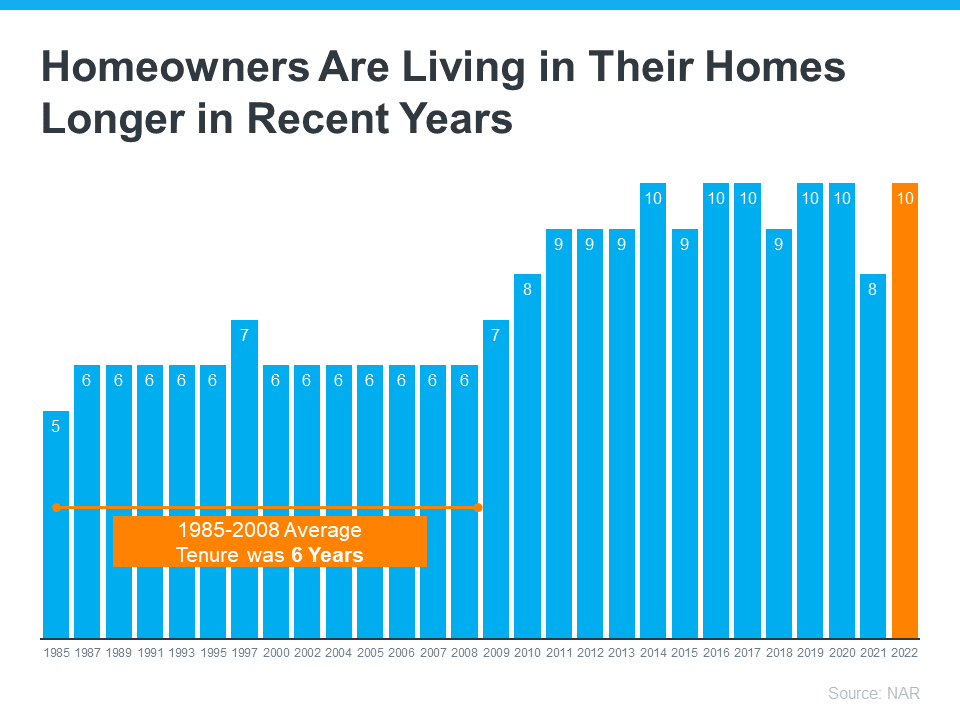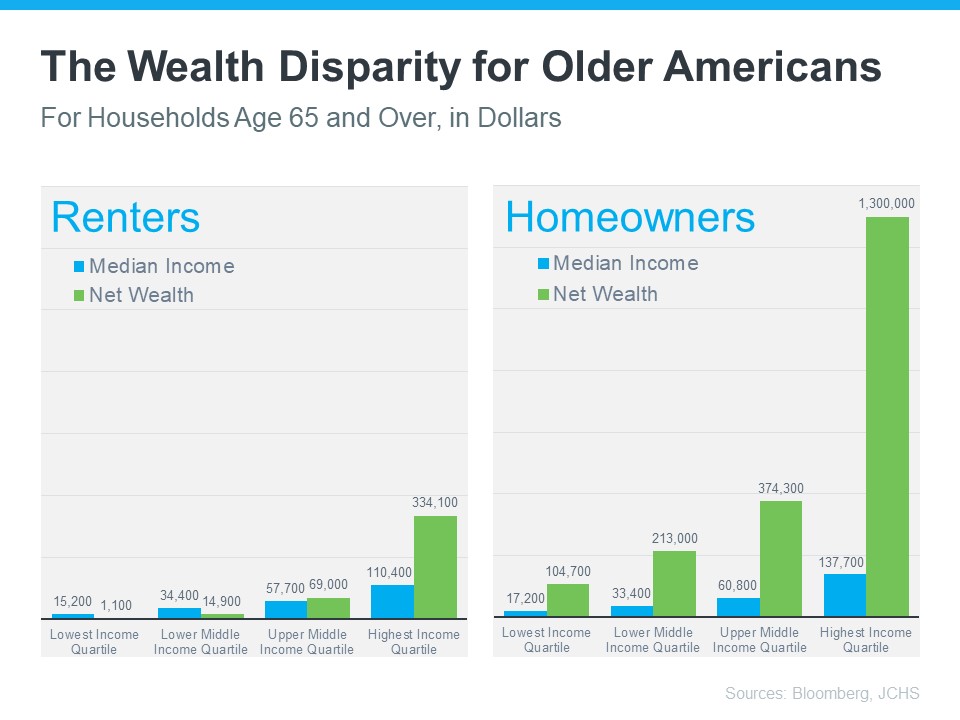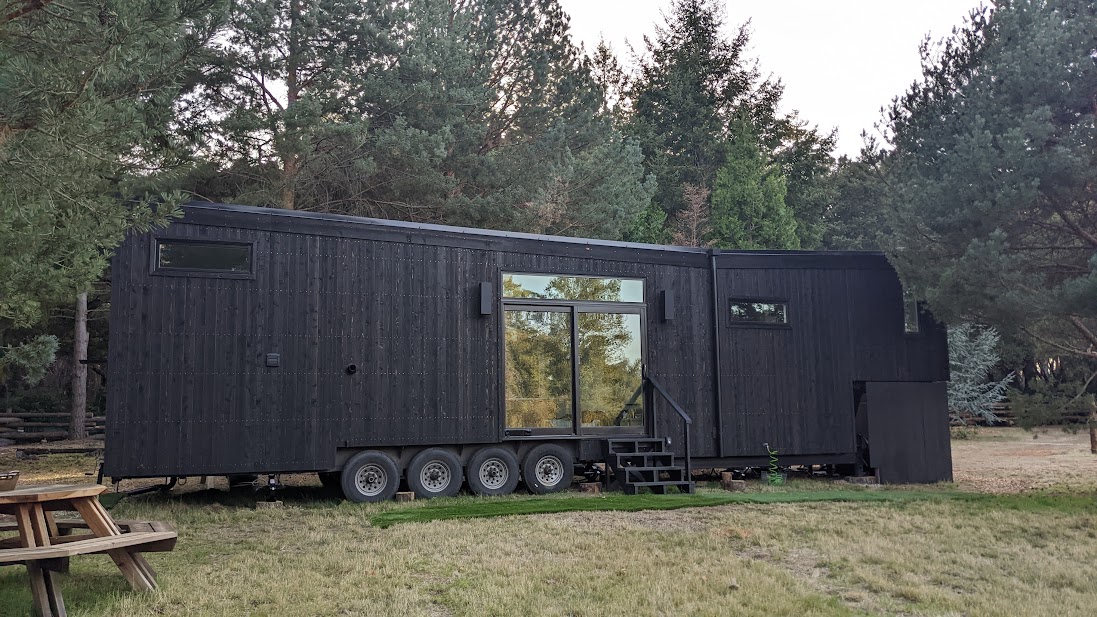Our Guest Author Today: Mary
A. Neil
In recent years, the prices of homes have skyrocketed. This is one of the factors affecting home affordability today and why you must prepare a big budget for purchasing a home. Furthermore, you also have to consider home repairs and updates and future expenses. So, it's no wonder homebuyers are trying to use every trick in the book to negotiate better prices. The good news is that home prices are negotiable. Sellers usually list their homes at higher prices to compensate for this. Therefore, as a first-time buyer, you shouldn't fall into the trap of paying more than a property is worth. But how do you do that when you don't have the proper knowledge and experience? Here are some real estate negotiation tips for first-time buyers.
1 Hire a realtor
One of the best tips for first-time homebuyers is to hire a realtor. Yes, you're trying to save money, and this is an additional cost, but it's worth it. You should drop the misconception that a realtor does nothing more than find you a home. Here are some other benefits:
● A professional knows the market well and can provide you with valuable information. This can include everything from information about the neighborhood to property appreciation and taxes.
● A realtor has the knowledge, experience, and skills to negotiate a better price for you. In other words, they are objective. Their emotions don't influence in any way the home-buying process.
● An expert will advise you on the essential contingencies you should include in your offer. Furthermore, they can draft all the paperwork.
 |
| One of the best real estate negotiation tips for first-time buyers is to hire a realtor. |
2 One of the best real estate negotiation tips for first-time buyers is to get to know the market
Hiring a realtor is the easiest way to go. However, if you decide to do it independently, you must do some thorough research. Firstly, you should know what the market has to offer. For instance, there might be more houses than apartments for sale. But moving from an apartment to a house entails higher costs and a lot of work. So, you should be ready for the change and make sure you can afford it.
Secondly, you should identify the average prices of homes in the neighborhood. If you've already set your heart on a certain property, take a look at the prices of comparable properties. This will help you determine the fair price.
Thirdly, you should do some research to determine if you're dealing with a buyer's or a seller's market. If more buyers are looking for homes than the number of homes on the market, you'll have less room to negotiate. The sellers will get many offers, so they have no reason to lower the price too much. However, you can negotiate a great price in a seller's market better.
3 Know your budget
One of the best real estate negotiation tips for first-time buyers is to know your budget. It doesn't matter if you're a great negotiator if you can't afford the home you want. Yes, you can negotiate a lower price, but don't expect to get a home for half the asking price. Moreover, sellers usually request proof that you can afford their property. That's why pre-approval is a critical first step on your home-buying journey. A pre-approval letter will inform you and the seller of the mortgage amount you can get. As a result, you'll be able to submit a realistic offer and negotiate accordingly.
 |
| Get pre-approved for a mortgage before placing an offer on a home. |
4 Don't underestimate the power of a home inspection
One of the first-time buyers' most significant mistakes is skipping the home inspection to reduce costs. But the truth is that this mistake can end up costing you more than you can imagine. Even if a property looks great, it can have major hidden issues. And fixing them can cost you a small fortune. According to the consultants from usamovingreviews.com, that money would be better spent on moving services and updates to your home.
Nevertheless, the best part about the home inspection is that it can help you negotiate a better price. Just make sure you include a home inspection contingency in your offer. This way, if the inspector finds major issues, you have several options:
● Negotiate a lower price to compensate for the repairs;
● Request the seller to take care of the repairs;
● Back out of the deal.
5 Negotiate wisely
Another great tip for first-time homebuyers is to negotiate wisely. Don't start with an offer that is way below the asking price. You don't want the seller to think you're wasting their time. At the same time, you should make sure you don't offer more than you can afford. This can easily happen if you fall in love with a home and your emotions get the best of you. If the seller is not willing lower the price, there's no shame in walking away from that property.
6 Get to know the seller
Get to know the seller while viewing the property. On the one hand, you can ask why they are selling. Because if they are having financial troubles or have to move out because of a divorce, they'll probably want to sell faster. As a result, you'll have more room to negotiate.
 |
| Get to know the seller to make more room for negotiation. |
On the other hand, you can get a bit personal during the negotiation. For instance, you can share the features you love most about the home. Or you can tell the seller how you would like to restore the property. After all, every homeowner wants to find a buyer to take care of their home.
Final thoughts
Buying your first home is a big decision and a significant investment. And since homes don't come cheap, you should always try to negotiate a better price. You can make some home updates or use the money you save for future mortgage payments. However, since you don't have any experience in the field, you should consider hiring a realtor. But if you're adamant about doing it on your own, use these real estate negotiation tips for first-time buyers.
Author bio:
Mary A. Neil has been working as a content writer for many years. She bought her first home six years ago and has first-hand experience with how challenging the entire process can be. That’s why she tries to give a helping hand to first-time homebuyers by sharing tips and tricks with them. She enjoys spending her free time in nature.
Images used:
https://www.pexels.com/photo/a-person-holding-a-key-8293738/
https://www.pexels.com/photo/people-viewing-a-house-7641868/
https://www.pexels.com/photo/a-broker-showing-a-couple-the-mortgage-contract-8292884/
https://www.pexels.com/photo/photo-of-people-doing-handshakes-3184416/












![2023 Housing Market Forecast [INFOGRAPHIC] | Simplifying The Market](https://files.simplifyingthemarket.com/wp-content/uploads/2022/12/15124934/2023-Housing-Market-Forecast-KCM-Share-549x300.png)
![2023 Housing Market Forecast [INFOGRAPHIC] | Simplifying The Market](https://files.simplifyingthemarket.com/wp-content/uploads/2022/12/15124929/2023-Housing-Market-Forecast-MEM.png)







![Reasons To Sell Your House This Season [INFOGRAPHIC] | Simplifying The Market](https://files.simplifyingthemarket.com/wp-content/uploads/2022/12/08120834/Reasons-To-Sell-Your-House-This-Season-KCM-Share-549x300.png)
![Reasons To Sell Your House This Season [INFOGRAPHIC] | Simplifying The Market](https://files.simplifyingthemarket.com/wp-content/uploads/2022/12/08120835/Reasons-To-Sell-Your-House-This-Season-MEM.png)








![Winter Home Selling Checklist [INFOGRAPHIC] | Simplifying The Market](https://files.simplifyingthemarket.com/wp-content/uploads/2022/11/17130751/Winter-Checklist-KCM-Share-549x300.png)
![Winter Home Selling Checklist [INFOGRAPHIC] | Simplifying The Market](https://files.simplifyingthemarket.com/wp-content/uploads/2022/11/17130752/Winter-Checklist-MEM.png)





